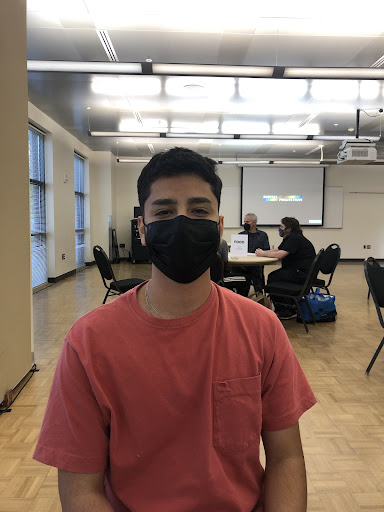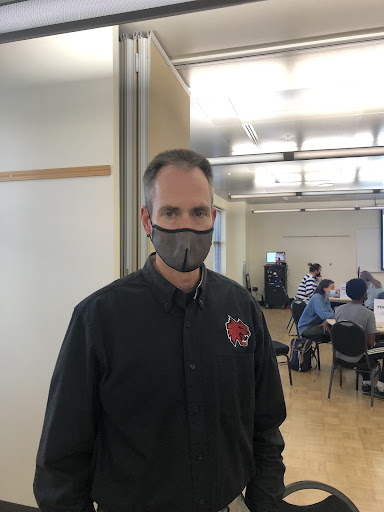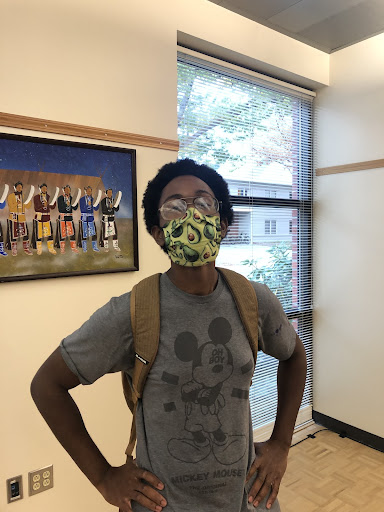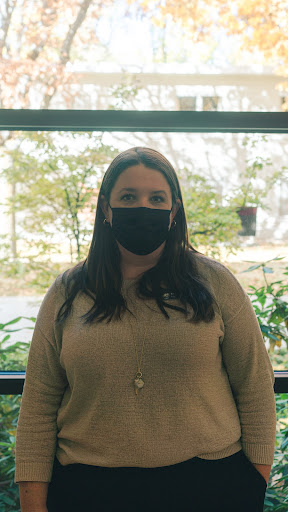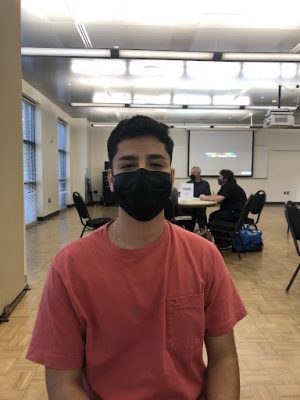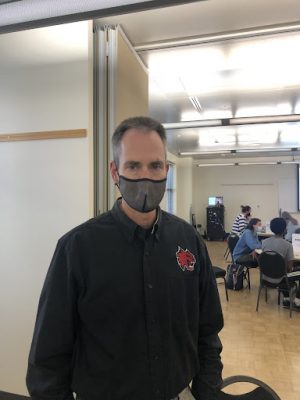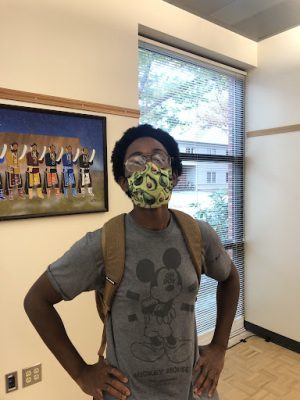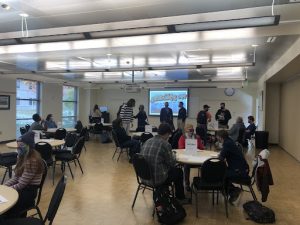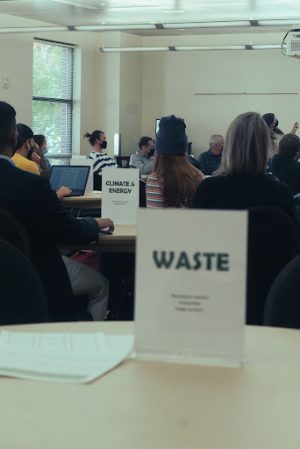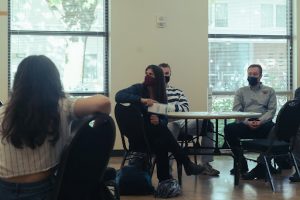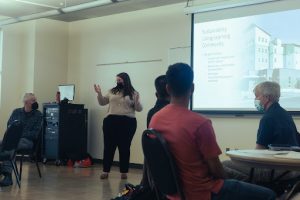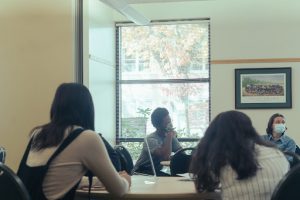Sustainability Cafe comes clean with ideas
October 28, 2021
The Sustainability Café is an event where staff and students get together to brainstorm eco-friendly ideas for CWU and the community to implement. They had a meeting that brought many ideas and plans to light.
Sustainability coordinator Kathleen Klaniecki, claims to help bring the ideas of the staff and students to life, allowing everyone as a collective to make decisions that can benefit the community as a whole by being eco-friendly.
This Sustainability Café had a turnout of around 30 people who branched out into different sections and aspects of sustainability:
- Transportation
- Food
- Grounds
- Waste
- Climate & Energy
- Eco-Cats
“There is always a space for passionate students or other members of our community, to advocate for the change they want to see and be part of the change they want to see,” Klaniecki said.
Ideas From Staff and Student Members of Sustainability Café
In the Transportation committee, there were many ideas from members Bruce Simpson and Adrian Mendoza. Simpson discussed the importance of switching to electric and solar powered methods of transportation for those coming to campus.
“The more we can reduce that amount of carbon that we take out of the ground and burn and release in the atmosphere, the better,” Simpson said.
Simpson also brought up the concern of progress, pushing for transparency within the cafe to reassure that ideas are being heard and making sure that impacts are being made.
While Simpson pushed for switching to more eco-friendly options, students may have issues with pedestrians while using modes of transportation like bikes or skateboards. Students can have a hard time using bikes and skateboards on the sidewalk due to walking pedestrians.
“I feel like the biggest issue would be accessibility,” Mendoza said.
Mendoza said he encourages the idea of creating bike lanes along campus, creating safer and more efficient pathways for students. He also shared the option for students who have concerns for any issues to go to Governmental Affairs at SURC 236.
Faculty member Clay Arango, part of the Grounds committee, shared ideas and current projects around campus, such as the concept of biodiversity. Biodiversity focuses on the variety of life throughout all levels, from ecosystems to and everything that thrives in it.
“Biodiversity loss is one of the biggest challenges our world is facing because humans depend on biodiversity,” Arango said.
The Grounds committee has many ideas and projects that are being used to this day. Staff member Kristina Ernest has worked with her mammalogy class to do some live trapping on campus, and past members developed a bird inventory.
Student member of the Sustainability Café Jerry Fussell, was seen contributing ideas and feedback to multiple committee’s sharing and grasping different ideas from many. Fussell brought light to the new group Eco-Cats, which he described as a section designed to become an advocate for sustainable causes with a goal of giving more opportunities to spread sustainable knowledge. Fussell is mainly interested in vermicomposting, which is the use of worms to help with compost, and hopes to implement it on campus.
Fussell also mentioned what fellow member, Susan Kaspari, a professor in geological sciences, wanted to share about Wendell Hill Hall B becoming a sustainable Living Learning Community (LLC). The concept behind the LLC is students of all levels and ages living in the same dorm with the intent to participate in a more sustainable living by reducing environmental impacts. Wendell Hill Hall B would benefit from the nearby CWU community garden at the Wildcat Neighborhood Farm if it were to become this type of community, according to Kaspari.

